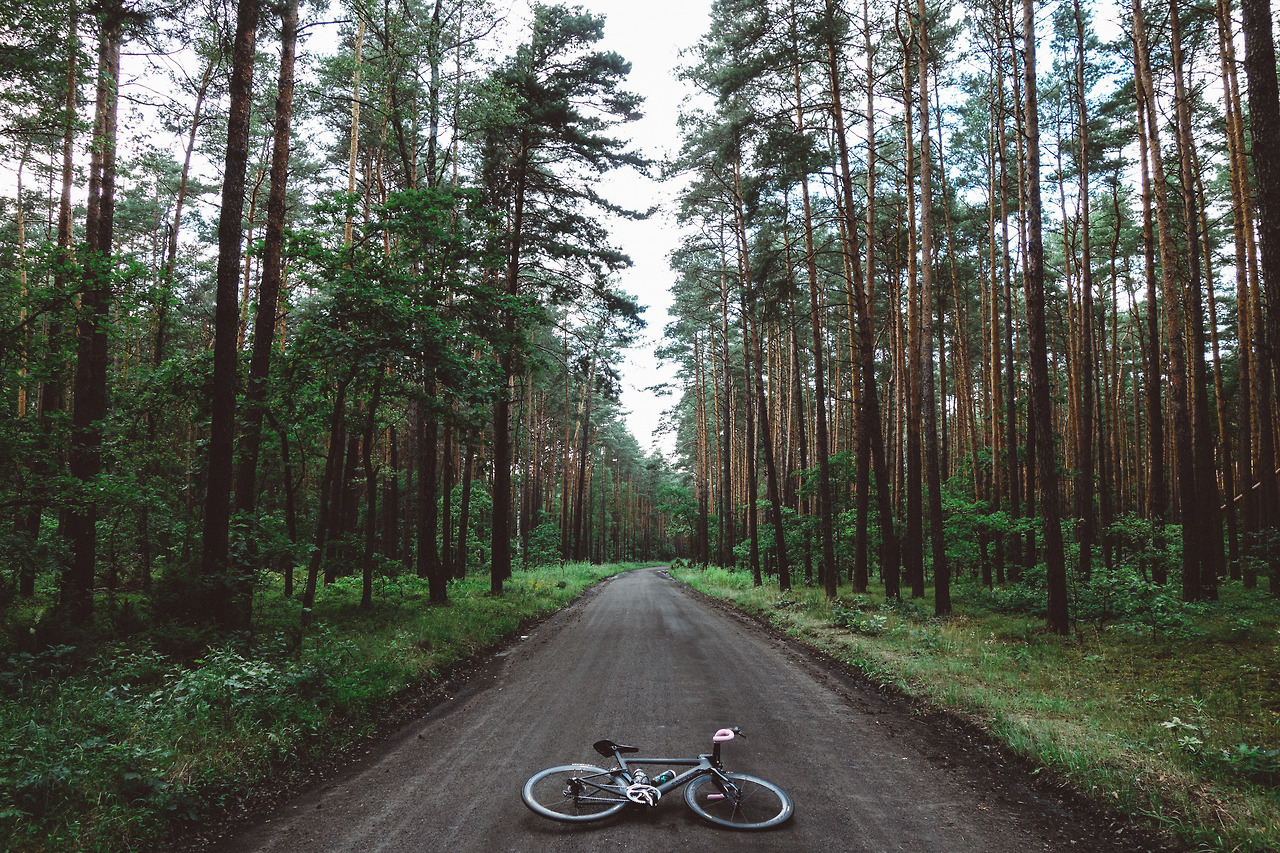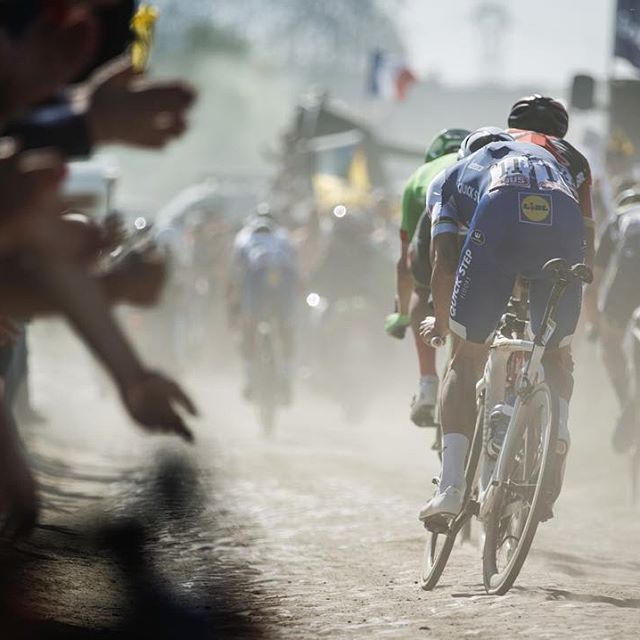On Rule #5: Not Minding That It Hurts

In my favorite scene from Lawrence of Arabia, T.E. Lawrence, after lighting a colleague’s cigarette, allows the match to burn down to his fingertips before snuffing it out. Having witnessed the stunt, the dim-witted associate attempts it himself, only to blow out the match before it gets anywhere close to burning down. “That damn well hurts!”, he states, barely concealing his amazement. “Certainly it hurts,” replies Lawrence with the cool calm of a man who is at ease with The V. “Well, what’s the trick then?”
“The trick, William Potter, is not minding that it hurts.”
The trick to becoming a better Cyclist depends, they say, on one’s capacity to suffer. Riding faster is easy, after all; all you have to do is push harder on those flat things attached to your feet. But that, as many of us have discovered, is the complicated bit.
Our ability to suffer is driven by our willingness to push ourselves, to resist the signals our bodies are sending – whether those signals tell us to stop an effort, to stay inside when the mercury drops, when the rain falls, or dipping into the cellar for a session on the trainer rather than for a bottle of wine. To walk the difficult path of becoming a better cyclist requires, in a word, willpower.
Many of the obstacles along that path require us to eschew the wisdom taught to us by our elders and society. Listen to your body, they tell us, when in fact our bodies are chatty things that have only a few sensible contributions to make. Stay inside when it’s wet, or you’ll catch cold, the folk knowledge claims, while in reality those who stay indoors are more likely to catch cold and if we were to heed that advice, we would rarely throw a leg over a top tube during non-summer months. What doesn’t kill you, makes you stronger… well, I suppose they had to get one right.
In practice, weakness breeds weakness and strength breeds strength. We may not allow ourselves to take the easy path, for nothing worth travelling to lies at the end of it. If we relent to the pain during an effort, it only makes it easier to do so again next time. Allowing ourselves to stay off the bike for today’s bad weather makes it easier to do so again tomorrow. On the other hand, enduring today’s cold steels us for tomorrow’s chill.
To claim we enjoy suffering, that we enjoy the pain of an effort, or that we enjoy riding in the wet and cold is a bit misleading. While I believe there might be those who possess a perversion that does indeed allow them to enjoy pain, for most of us, we have merely discovered that the burning of our muscles today strengthens them for tomorrow. We have learned that submitting to the deluge or climbing aboard the trainer in winter helps build towards a result that won’t be realized until our planet reaches the next equinox. Rather than enjoying suffering, we enjoy what suffering does for us and have learned through practice to associate current pains with future gains.
Personally, I enjoy riding in the rain more than most, certainly when it comes as a refreshing change from riding on dry roads. I enjoy the rain splashing up from the road, or the cold air in my face. But to say I cherish riding throughout the cold and wet Winter months is certainly an overstatement. During this time of year, I have to push myself to go for a ride every single time. When I am warm inside, there is no part of me that wants to pull on cold-weather gear knowing I will be cold and uncomfortable for the duration of the ride. Instead of thinking about whether I want to ride, I simply do it; focusing on desire or comfort does little to improve the condition. Quite the opposite, in fact – a frozen toe is better left not contemplated when one lacks the means to warm it up.
The trick to becoming a better cyclist doesn’t have so much to do with our capacity to suffer. Certainly we suffer; the trick is not minding that we suffer.

